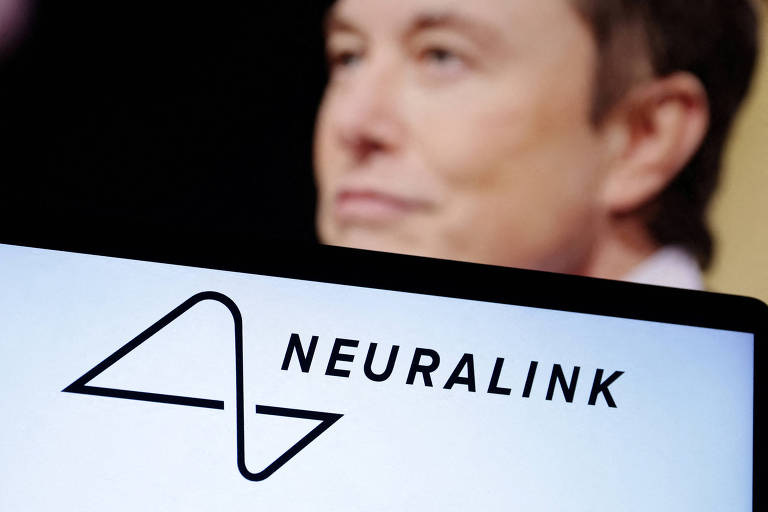The Neuralink brain implant, one of Elon Musk's companies, does not bring any advancement or innovation, according to Brazilian neuroscientist Miguel Nicolelis. "It's just smoke." The chip called Telepathy uses the brain-machine interface technique invented by Nicolelis with the aim of allowing control of computers, phones, and digital devices through thought. Initially, the solution aims to help people with mobility impairments.
"The vast majority of paralysis cases can be treated with non-invasive interfaces, as we have demonstrated over the last ten years; they [Neuralink] are living off hype and bad sci-fi [science fiction]," says the neuroscientist to Folha.
When contacted by the report, Neuralink did not respond. Nicolelis' research group at Duke University made the first records of human use of the technology, enabling remote control of robotic arms. The experiment involved 15 people without the need for surgery. The brain-machine interface was first explored by Nicolelis in studies as early as 1999, after years of collecting neural activity signals from rats and monkeys. The first successful primate experiment dates back to 2002. In contrast to Neuralink's approach, Nicolelis' group focused on exoskeletons used to assist the mobility of people with paraplegia or tetraplegia. In 2014, a volunteer kicked a ball during the opening of the World Cup in Brazil at Arena Corinthians, using one of the devices developed by Nicolelis.
